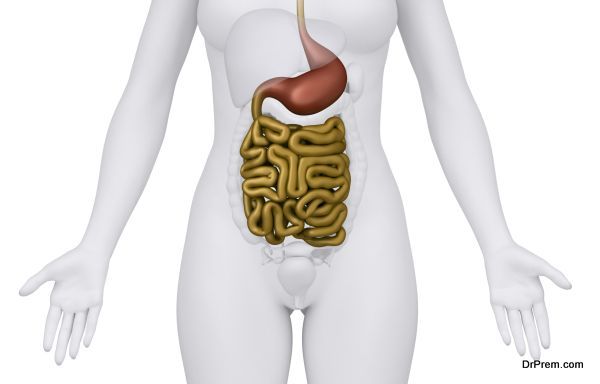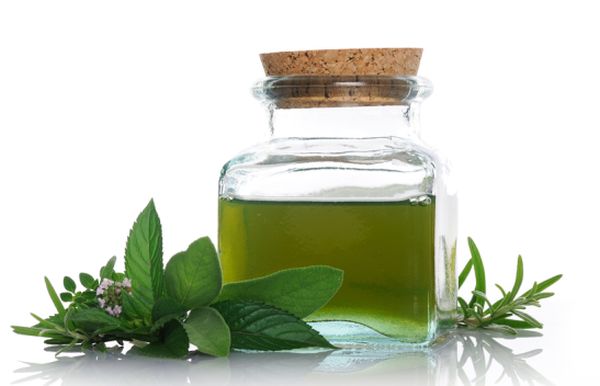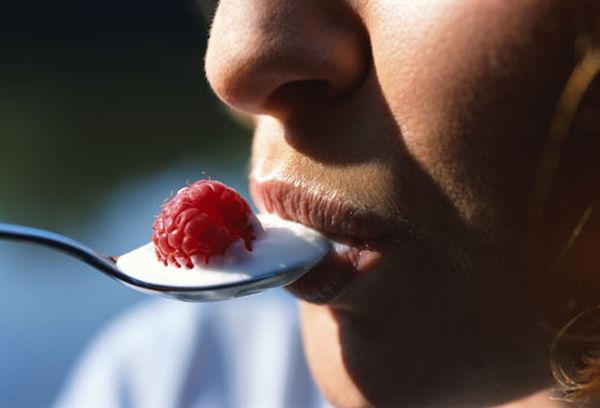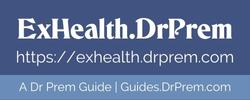Bacterial overgrowth is the most under estimated issue related to digestion. Often in cases of chronic digestive problems such as gas, constipation, bloating and diarrhea, it is misunderstood as Irritated Bowel Syndrome while the actual cause is something else. While antibiotics, antacids and other medications remove the friendly bacteria from the intestines, bacterial overgrowth still remains undetected and people are not even tested for it.

Bacterial overgrowth also takes place during non-digestive symptoms and chronic conditions such as fatigue, fibromyalgia, allergies, arthritis, lupus, autoimmune diseases, diabetes and many others.
Bacterial Overgrowth and its Causes:
Apart from the normal bacteria present in our small intestine, excess growth of bacteria due to certain factors is defined as bacterial overgrowth. Such bacteria cause fat mal-absorption that result in gas, bloating, pain, mucus in stool and foul smelling stool and gas.
Decreased motility and structural abnormalities in the small intestine, hypochlorhydria, immune deficiency, stress and intake of birth control pills, antibiotic and steroids including many others are the few causes of bacterial overgrowth.
Ways to Cure Bacterial Overgrowth Naturally:

1. Herbs:
Peppermint oil is the widely studied remedy for controlling bacterial overgrowth. It is useful in killing intestinal bacteria. Heartburns, rectal burn and minty burping are few side effects that are associated with the intake of peppermint oil shells. Grapefruit seed extract, Oregano oil capsules, garlic, Oregon grape, olive leaf extract and Pau d’arco are other herbal antimicrobials that are used to treat bacterial overgrowth.

2. Diet:
Intake of sweet and starchy food should be avoided during the disease. Specific carbohydrate diet as suggested by Elaine Gottschall helps to deal with digestive disorders such as bacterial overgrowth and ulcerative colitis. Medium triglycerides such as coconut oil are recommended during bacterial overgrowth.
Digestive enzyme supplements taken before meals help to support the digestive enzymes of the body and restore the function of the body. Deficiency of Vitamins such as Vitamin – A, D, E, K and B12, Magnesium, Copper and Zinc may also enable bacterial overgrowth.

3. Probiotics:
Probiotics replace the healthy bacteria in the intestine thus limiting bacterial growth. Lactobacillus plantarum and lactobacillus GG probiotics are generally used to treat bacterial overgrowth.
Summary:
Along with home remedies, it is important that you undergo a proper diagnosis of the disease. Lactulose hydrogen breath test, schilling test and hypochlorhydria screening test are some of the useful bacterial overgrowth diagnostic tests that would help you to identify and fight back the disease.


